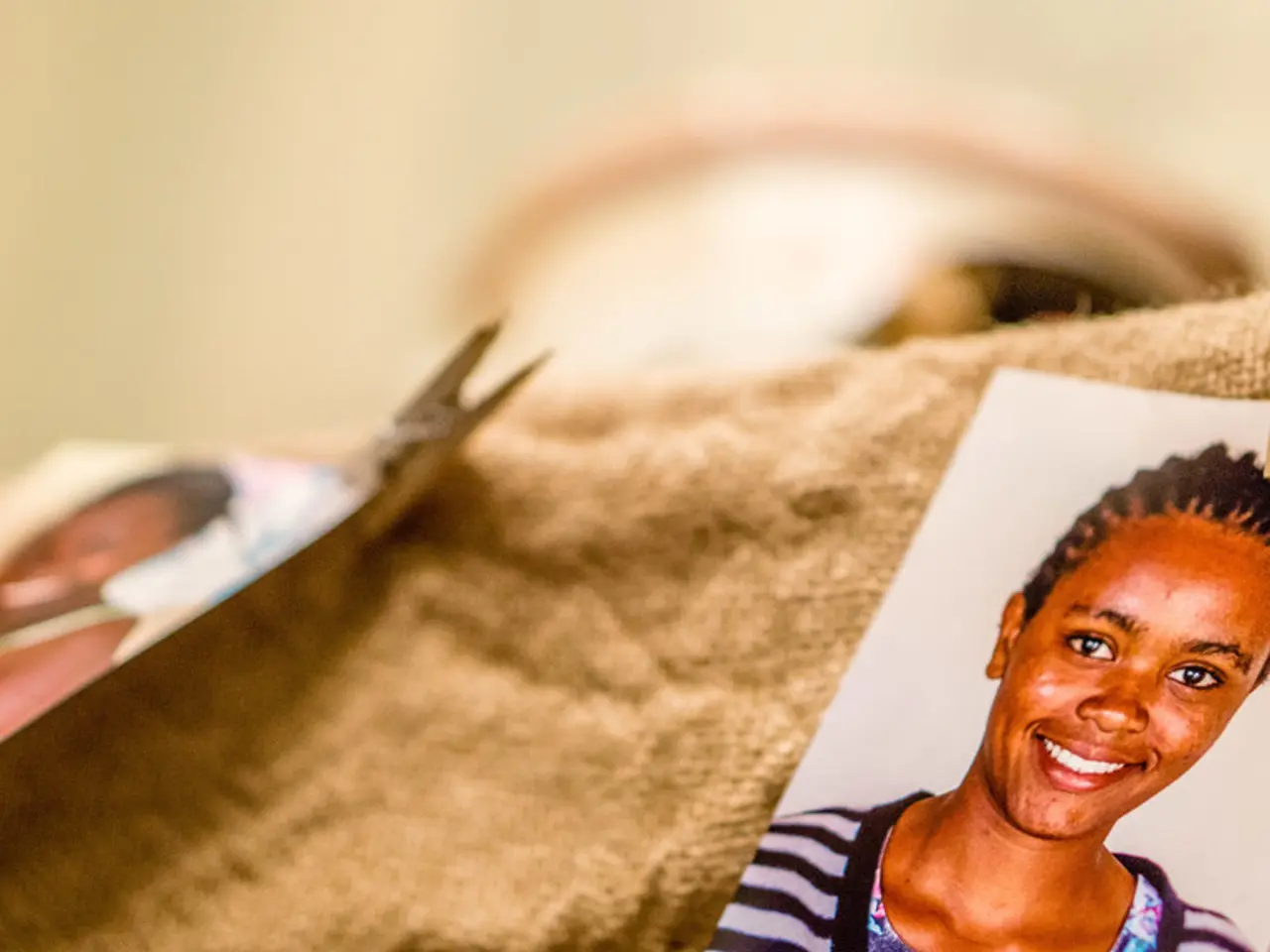Visitors to the United States under the Trump administration may be required to pay a security deposit of up to $15,000 for their visa.
The Trump administration has announced a new pilot program that will require certain tourist and business visa applicants from countries with high visa overstay rates to post a security deposit, or bond, up to $15,000. This deposit is refundable after the visa holder leaves the U.S. as long as they do not overstay.
The program, which begins on August 20, 2025, initially targets citizens of Zambia and Malawi but may expand to other nations with poor visa compliance or document security. African countries are particularly impacted as many have high overstay rates and are thus subject to this measure.
This toughened visa deposit requirement aligns with broader efforts by the administration to tighten immigration controls, especially targeting countries with high non-compliance risks. The decision has sparked concern on social media about the ability of athletes, especially from Africa, to participate in major events such as the 2026 FIFA World Cup and the 2028 Olympic Games in San Francisco due to potential financial barriers posed by the bond.
Key details of the program include:
- Visa applicants from designated countries identified by high rates of overstays or poor vetting systems must post a $5,000, $10,000, or $15,000 bond determined by consular officers.
- The bond payment must be made online through the official U.S. Treasury's Pay.gov system using Form I-352; no other payment methods are accepted.
- The bond is refunded if the visitor leaves the U.S. within their visa terms but may be forfeited to cover costs related to deportation if the visa is overstayed.
- This is a one-year pilot program to assess effectiveness before possible extension or broader implementation.
The bond requirement could place a significant financial burden on citizens from these countries seeking to travel to the U.S. temporarily, affecting tourism, business trips, and participation in global events. Concerns have been expressed regarding African athletes' ability to participate in the 2026 FIFA World Cup and the 2028 Olympics due to these new visa conditions.
It's important to note that no African countries are part of the U.S. Visa Waiver Program, which exempts many European nationals from visas, highlighting a disparity in travel requirements.
In summary, the new Trump administration visa deposit requirement increases financial and procedural barriers for citizens of some African countries labeled as high overstay risk countries, potentially impacting travel and attendance at upcoming major international sporting events hosted by the U.S.
- The new visa deposit requirement, implemented by the Trump administration, could potentially impact the lifestyle of athletes from Africa, particularly those planning to participate in the 2026 FIFA World Cup and the 2028 Olympic Games in San Francisco.
- Amid concerns about the ability of African athletes to attend major international sporting events, the new policy-and-legislation, focusing on visa and immigration controls, has drawn attention to general-news topics of politics and the potential effects on travel-related activities.




